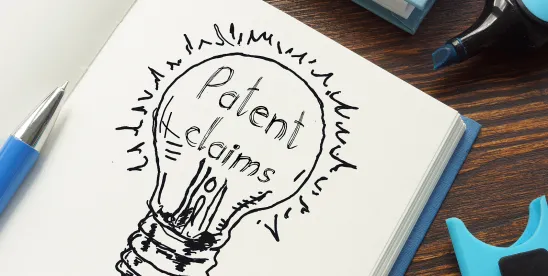Addressing an initial determination by an administrative law judge (ALJ) granting summary determination and terminating a Section 337 investigation for lack of Article III standing, the US International Trade Commission reversed and held that Section 337 does not require claimants to have Article III standing. Certain Active Matrix Organic Light-Emitting Diode Display Panels and Modules for Mobile Devices, and Components Thereof, Inv. No. 337-TA-1351, Commission Opinion (May 15, 2024).
In late 2022, Samsung Display filed a complaint seeking to institute a Section 337 investigation based on its infringement allegations regarding four patents and seeking an exclusion order against replacement displays sold by various companies. In late 2023, on the eve of the evidentiary hearing, the ALJ granted the respondents’ motion for summary determination that the complainant lacked constitutional standing because Samsung Display had granted its parent company, Samsung Electronics Co., an implied license to the asserted patents with an unrestricted right to sublicense. Samsung Display petitioned for Commission review. On review, the Commission reversed.
The Commission first noted that because it’s an administrative tribunal and not an Article III court, the “case or controversy” requirement does not apply to parties before it and standing is instead based on its governing statute. The Commission acknowledged its previous decisions where it had applied a constitutional standing requirement and expressly overruled those decisions. It further noted that its statute does not include the “patentee” requirement of 35 U.S.C. § 281 that applies to plaintiffs in district court actions but reiterated its long-standing practice of requiring a complainant be the owner or exclusive licensee of the asserted patent(s) at the time of filing the complaint.
The Commission held that there were genuine issues of material fact as to whether Samsung Display was a “patentee” when it filed the complaint. The Commission found there was an open question as to whether Samsung Electronics actually had a right to sublicense without Samsung Display’s explicit or implicit authorization. The Commission thus remanded the investigation to the ALJ to conduct further proceedings to develop the factual record.




 />i
/>i

